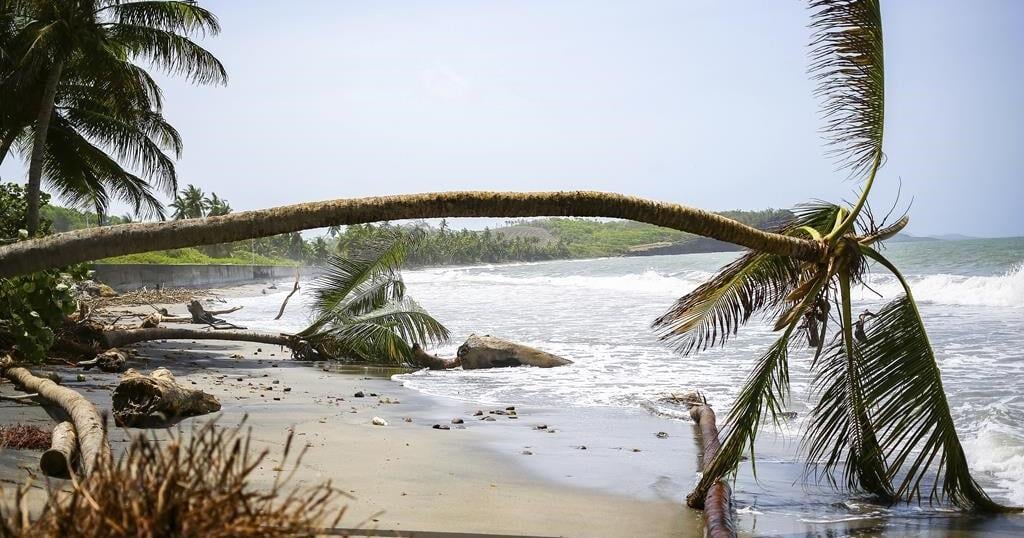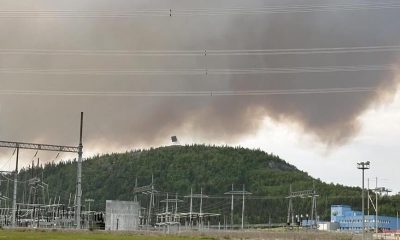Here is a roundup of stories from new al around Canada designed to bring you up to speed…
“Full resumption of operations will take time” after reaching tentative deal: WestJet
WestJet flight disruptions are expected to continue this week, after a deal was reached over the weekend to end a strike by its mechanics. The airline said in a statement Monday morning that “full resumption of operations will take time and further cancellations will be required over the coming days.” Some 680 members of the Aircraft Mechanics Fraternal Association had walked off the job on Friday evening despite a directive for binding arbitration from federal Labour Minister Seamus O’Regan. The airline said it had cancelled around 830 flights scheduled between Thursday and Monday.
Here’s what else we’re watching…
Productivity push to fuel more AI use: Google
The chief technology officer of Google’s cloud division says the next year or two will see many organizations shift from experimenting with artificial intelligence to truly putting it to work. As companies move out of trial mode, Will Grannis says more and more are going to turn to AI-based platforms and tools for everything from financial services to health care. He says the shift will be triggered by growing familiarity with the technology and the ongoing quest to improve productivity and efficiency, particularly in the workforce.
Manitoba NDP still on honeymoon after nine months
Nine months after being elected, Manitoba Premier Wab Kinew continues to enjoy a honeymoon with voters. His NDP government has enacted many promises the party made during last year’s election campaign, and opposition parties are working to rebuild after losing leaders and legislature seats. But challenges lie ahead, experts say, as the government tries to enact other pledges — such as keeping grocery prices affordable — and follow through on a fiscal plan that could require tight restraint. Recent opinion polls suggest NDP support has grown since the party took 34 of the 57 legislature seats in the Oct. 3 election.
5 years after tobacco ruling ‘nothing has changed’
Five years ago, Quebec’s highest court upheld a landmark court ruling that ordered three major tobacco companies to pay billions of dollars to smokers who fell ill or got addicted. But the roughly 100,000 members of the two class actions still haven’t received a cent and recent court filings say hundreds have died from smoking-related illness in the interim. The three companies – Imperial Tobacco, JTI-Macdonald and Rothmans-Benson & Hedges – sought creditor protection in Ontario immediately after the appeal court ruling, a process that has suspended all legal proceedings against them.
Tim Horton’s parent company invests in China
Restaurant Brands International says it’s spending up to $45 million on two deals intended to boost its presence in China and spur growth in what the company sees as a promising market. The parent company behind Tim Hortons, Burger King, Popeyes Louisiana Kitchen and Firehouse Subs says the first deal will see it acquire Popeyes China from Tims China, which operates Tim Horton’s franchises in the country. The moves come months after the company announced it would need to ramp up spending in China to propel further growth, and executives are striking an optimistic tone about the potential for expansion in the country.
This report by The Canadian Press was first published July 2, 2024.














